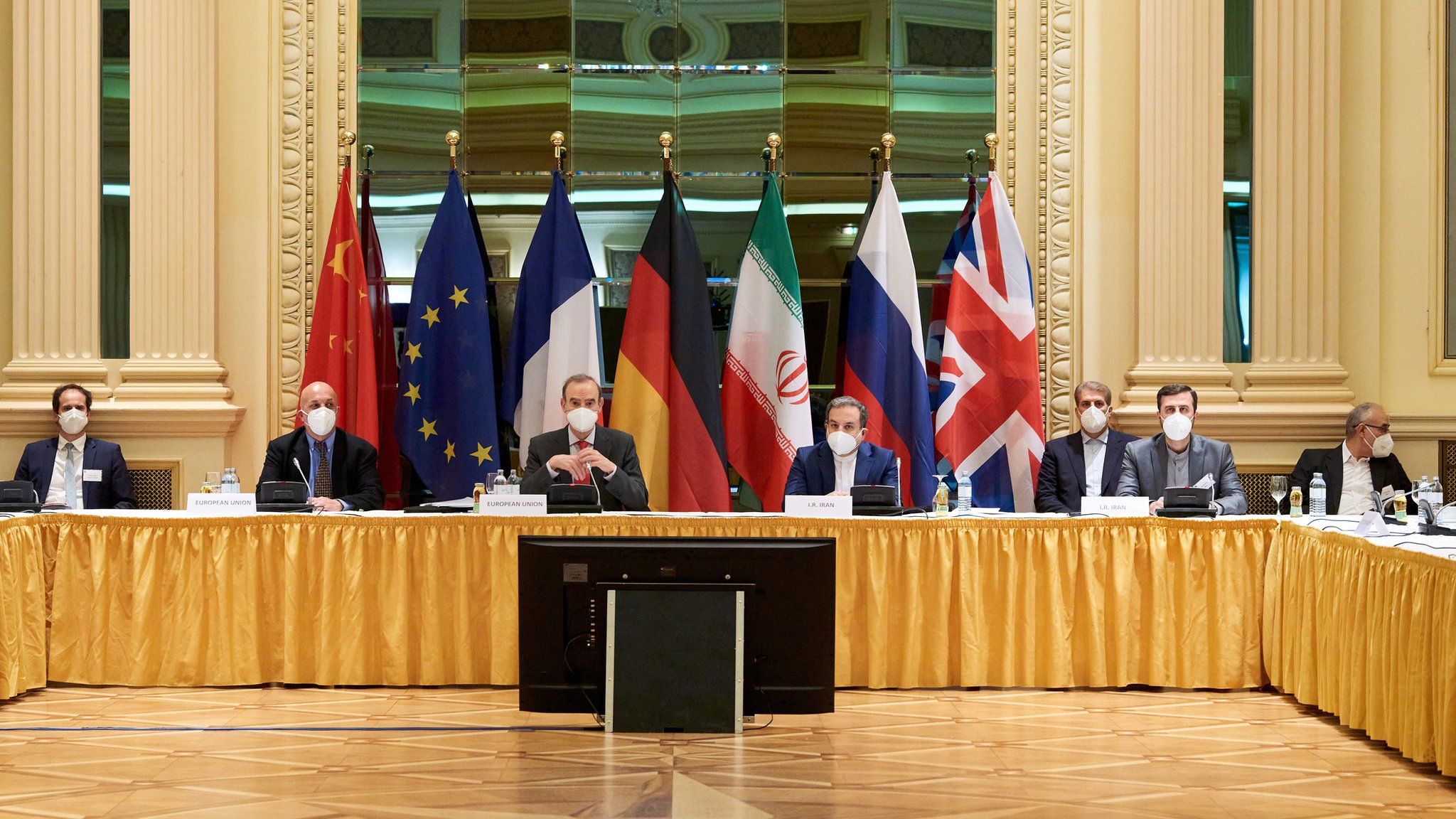
Recently, Vienna has witnessed three rounds of negotiations between American and Iranian representatives seeking to return to the nuclear agreement signed on July 2015, which President Donald Trump withdrew from in May 2018, acting as if he had entered into a new understanding regarding Iran’s ballistic program and its role in the region.
Last Friday, a breakthrough was announced in Vienna upon which negotiators might be able to build, giving everyone hope. During the fourth round of talks, it was decided to hold the next meeting on the following Friday, which makes it clear that both sides are serious about reaching a tangible settlement without stopping for all the obstacles that Tel Aviv continually puts in their path. Chief among them is the recent attack on the Natanz reactor, which Israeli analysts are certain was aimed at sabotaging negotiations.
Now the most recent obstacle, and perhaps the most dangerous, is the leak of audiotape between Iranian foreign Minister Mohammad Javad Zarif, and his American counterpart, former Secretary of State John Kerry. In it, Kerry, who is considered the architect of the agreement, is heard passing intelligence about Israel targeting Iranian sites in Syria, and saying that these acts will continue. According to the website Axios, an Israeli security delegation recently visited Washington, headed by the spy chief Yossi Cohen,* and met with the president at the White House last Friday. This date corresponds with the announcement of the breakthrough in Vienna.
There is cautious optimism here, as all parties recognize that time is working against them. The coming Iranian election in June makes the possibility of reaching an agreement afterward difficult. This will be the eighth presidential election since the Islamic Revolution’s victory in February 1979. Most believe that the conservative faction, which has become considerably stronger in the last few years as a result of Western sanctions, will prevail in Tehran. Perhaps the announcement of the official candidacy on April 27 of Rustam Qasimi — assistant leader of the economic affair branch of the Quds Force, emerging from the heart of the Revolutionary Guard — represents a clear signal of the likelihood of this, especially given that supporters of the Revolutionary Guard in Parliament make up 80% of its members, a good indication of the mood of the populace who sent these members to Parliament in the first place.
The potential arrival of conservatives may lead to a hardening in Iran. The West is attempting as much as possible to prevent this scenario from happening. These conservatives view the West as being intent on tightening sanctions every time they perceive weakness in Tehran and loosening them every time they perceive resolve. This opinion is the result of Iranian experience, most notably the failure of American and Western sanctions to achieve intended concessions from Iran, a fact that many Western and American politicians have also recognized in the past few months.
What’s happening on the world stage, with a rush to regional posturing, signals that the negotiations have reached their end point. Perhaps, in the coming weeks or days, we will hear an announcement from Vienna about a new agreement. We can sense this in Saudi Arabia’s recent shift in tone toward Tehran and likewise the Houthis in Yemen. This provides good evidence that, for Riyadh, the matter is settled and headed toward an agreement. Likewise, one can sense this from the position of Tel Aviv, which recently consented to sideline American-Israeli relations in the event that an agreement between Washington and Tehran is reached.
The entire region is on the threshold of receiving strategic information that will change many equations. This change will have a large impact upon the vision and policies of regional powers and states. It’s likely that the ambiguity the Biden administration is showing with regard to the Syrian crisis goes back, at least partially, to Washington’s policy of wait-and-see with respect to a new Iranian nuclear agreement. Perhaps we will have an announcement this month, the same month as three years ago, when Trump signed the withdrawal of the United States from the 2015 agreement.
*Editor’s note: Yossi Cohen is the current director of Mossad, Israel’s national inteliigence agency.

Leave a Reply
You must be logged in to post a comment.